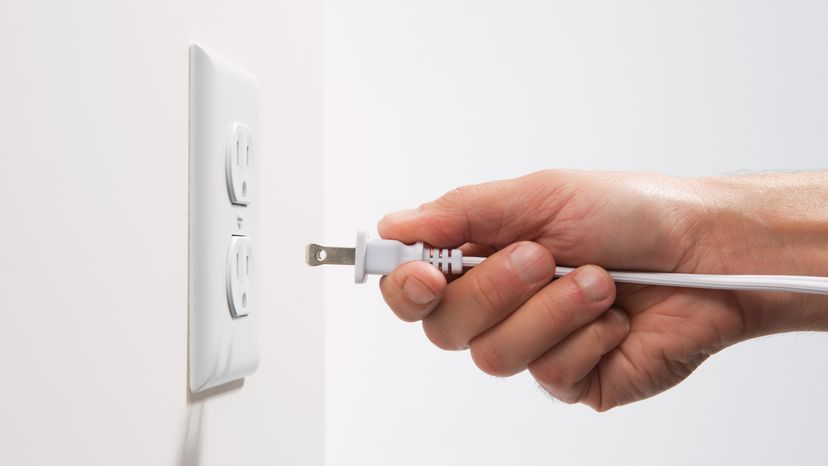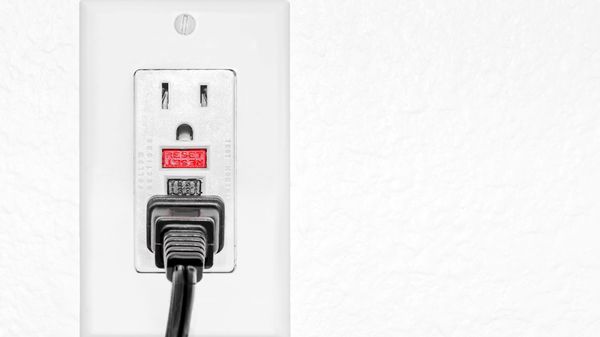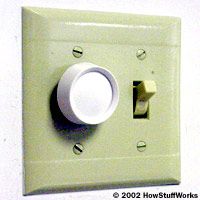
An electrical outlet is the receptacle for the plug of an electrical device [source: Merriam-Webster]. In other words, the outlet is the receptacle an appliance is plugged into. Outlets can come with one, two or three receptacles where one, two or three appliances can be plugged in [source: Haworth Electric]. There are various types of outlets available, so it's important to know the differences between them before you attempt to rewire your house. We will now explain the different types of electrical outlets.
- Standard receptacle Standard receptacles are the regular outlets that are found throughout the rooms in your house. You can plug nearly all small household appliances, such as TVs, radios and computers into a standard outlet. These outlets supply 120 volts of electricity and will usually contain holes to accommodate two- or three-pin plugs.
- GFCI receptacle GFCI (Ground Fault Circuit Interrupt) receptacles are standard in kitchens and bathrooms, or any place where the area can get wet. They are recognizable because they have two narrow slots and a semi-circular hole. These outlets have a built in circuit breaker, so if water does get into the outlet, the outlet will be shut down without shorting the rest of the house. GFCI outlets have a black button and a red button. The black button can be used to test the outlet and the red one is used to reset the outlet should it go down.
- Dryer receptacle Dryer receptacles are outlets that are specifically designed for dryers. This is because dryer outlets have pins for both 120 volts and 240 volts. These outlets have either three or four holes for pins. If the dryer requires 120 volts its plug will have three pins and if it requires 240 volts the plug will have four pins. Building codes now require that all new homes be built with four-hole dryer receptacles.
- Range receptacle Electric cooking ranges require more electricity than other appliances. These receptacles are designed to provide enough electricity for electric range cookers, and should always be attached to its own a circuit breaker [source: Do It Yourself]. //]]]]> ]]>
Advertisement





